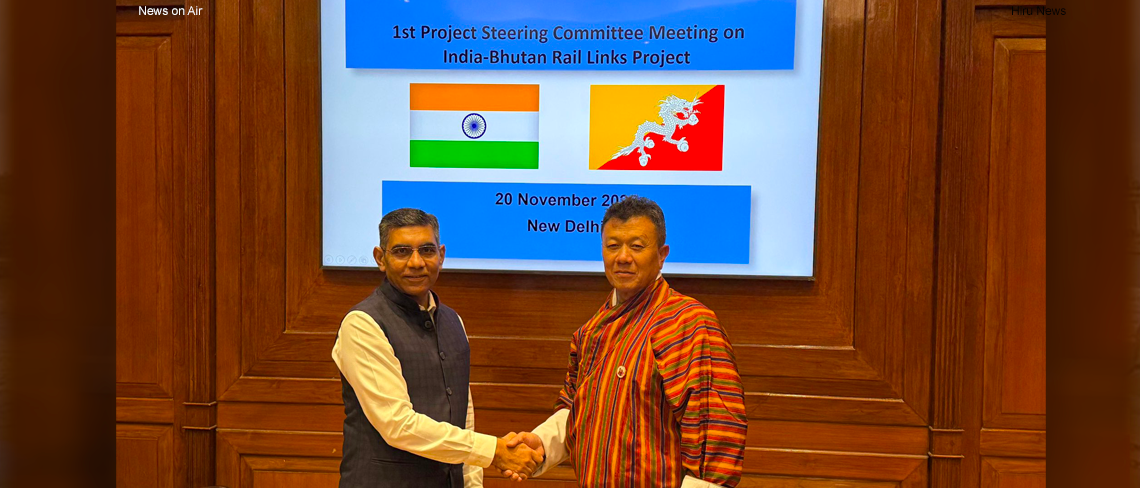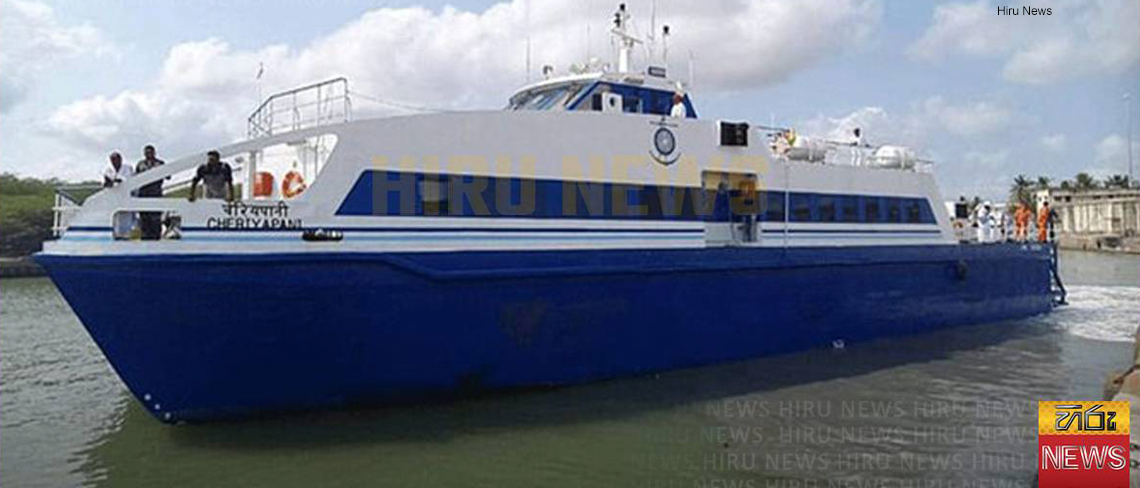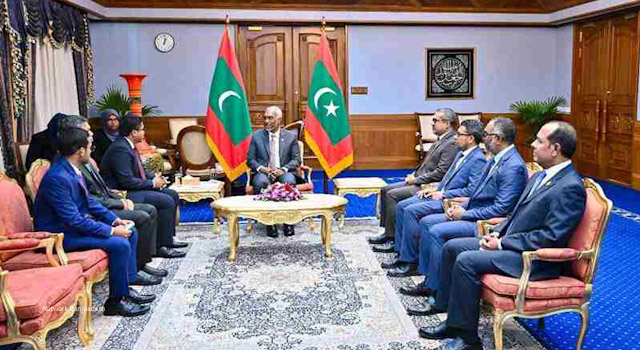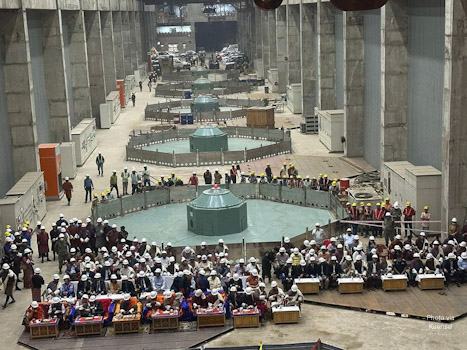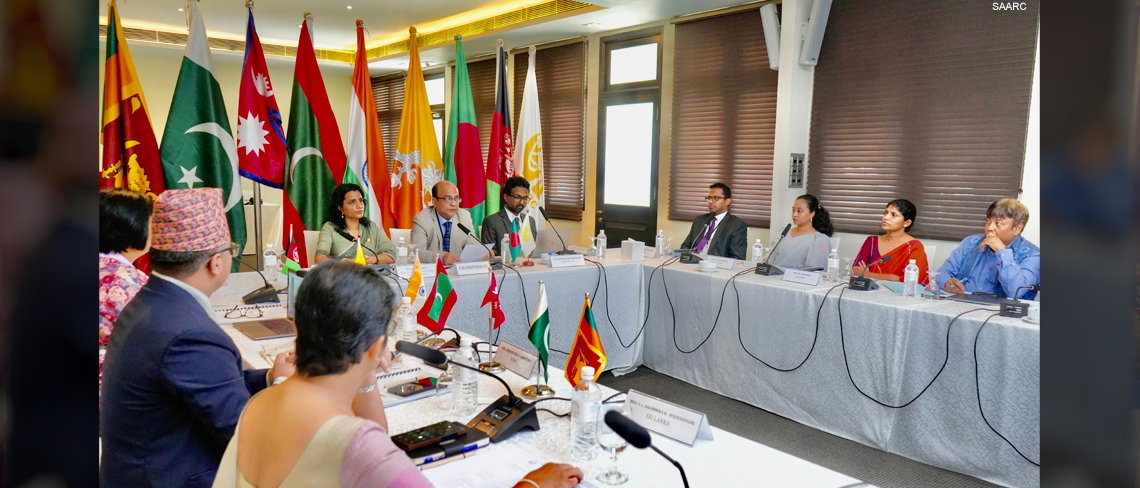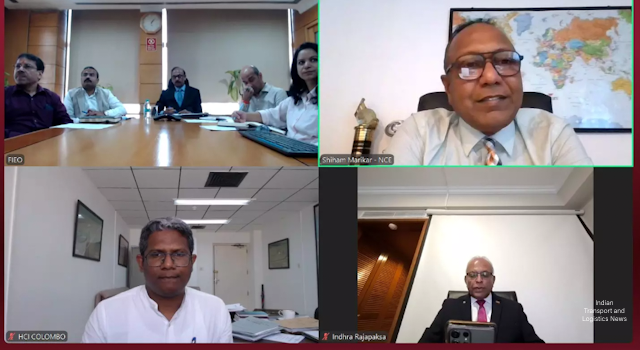
7th SAARC Finance Ministers Meeting in Kathmandu
20 August 2015

Finance Ministers of the South Asian Association for Regional Cooperation (SAARC) Program met in Kathmandu, Nepal on 20 August 2015 to discuss closer economic and financial cooperation in the region, emphasizing faster trade liberalization and investment in connectivity. This would help strengthen unification in the region, promote inter-country investment, and remove non-tariff barriers among member countries.
During the 7th Meeting of the SAARC Finance Ministers, SAARC Secretary General Arjun Bahadur Thapa highlighted the need to create an environment that enables smooth flow of goods and products within the region through road or rail networks. He further stressed the need to move toward a strong socio-economic development through South Asian Economic Union.
The SAARC Charter states that projects located in one or more member countries of significant interest to three or more SAARC member states are eligible for funding from the SAARC Development Fund (SDF). However, since it is difficult to find infrastructure projects operational in three countries or benefiting three or more countries, SAARC Finance Ministers agreed to adopt a degree of flexibility on SDF funding eligibility.
The South Asian Finance Ministers agreed to allow SDF to invest in infrastructure projects in a single country to activate the infrastructure and economic windows of the SDF. The infrastructure window of SDF would cover projects in energy, power, transportation, telecommunications, infrastructure, among others; the economic window includes non-infrastructure funding.
SAARC Finance Ministers also decided to increase SDF capital, above its current funding of $350 million.
Related Links:
Saarc Fund to invest in member states’ infrastructure projects
Investment in connectivity a must in South Asia: PM
Economic cooperation would help strengthen SAARC’s integration: FM Mahat
SAARC finance ministers meet in Nepal; discuss closer cooperation
SAARC to create economic union
Saarc region needs more financial liberalization




